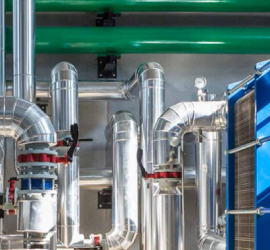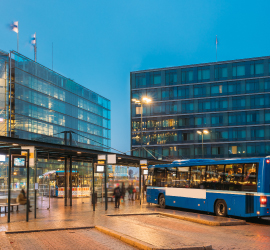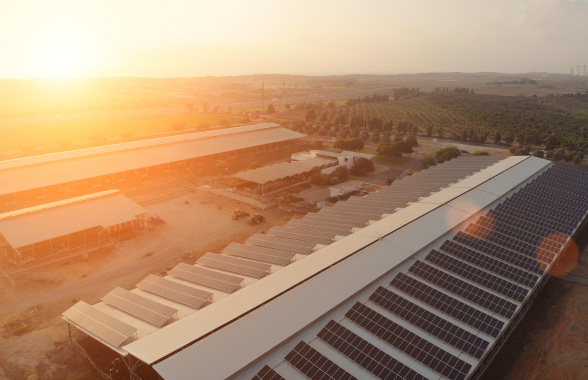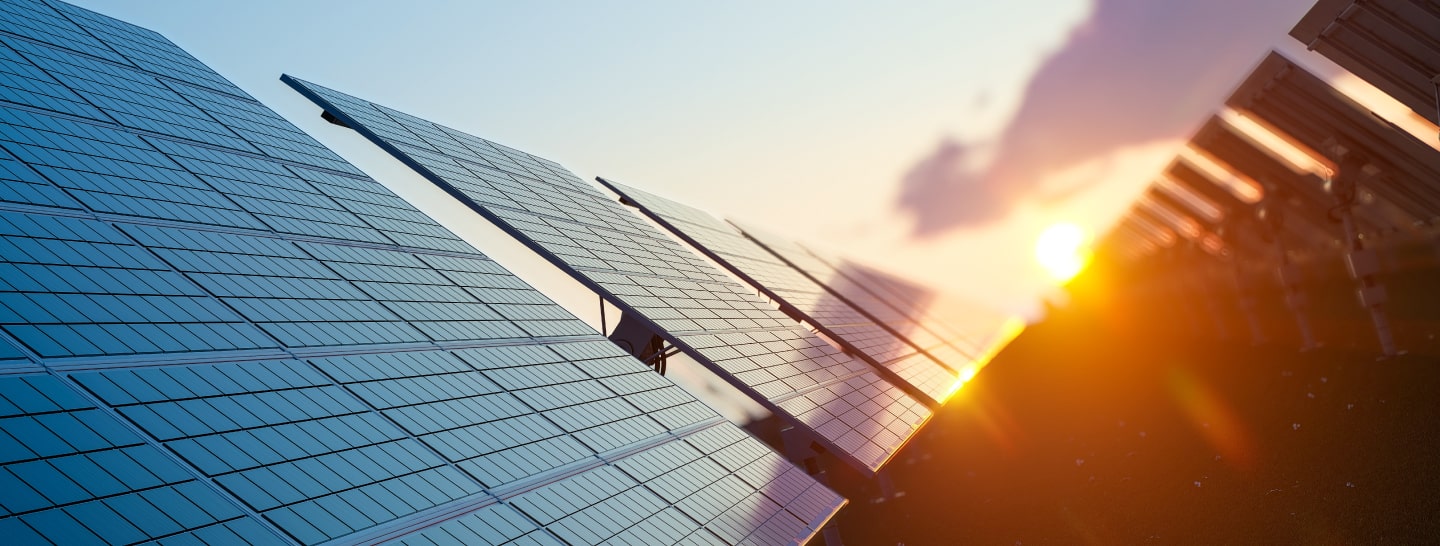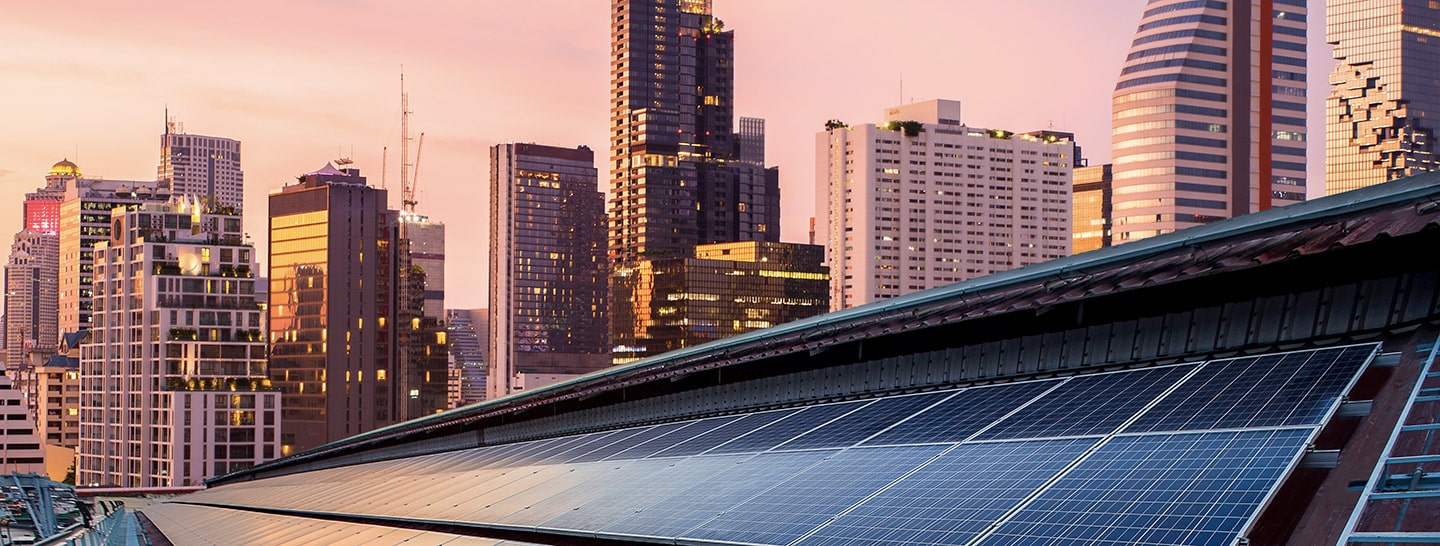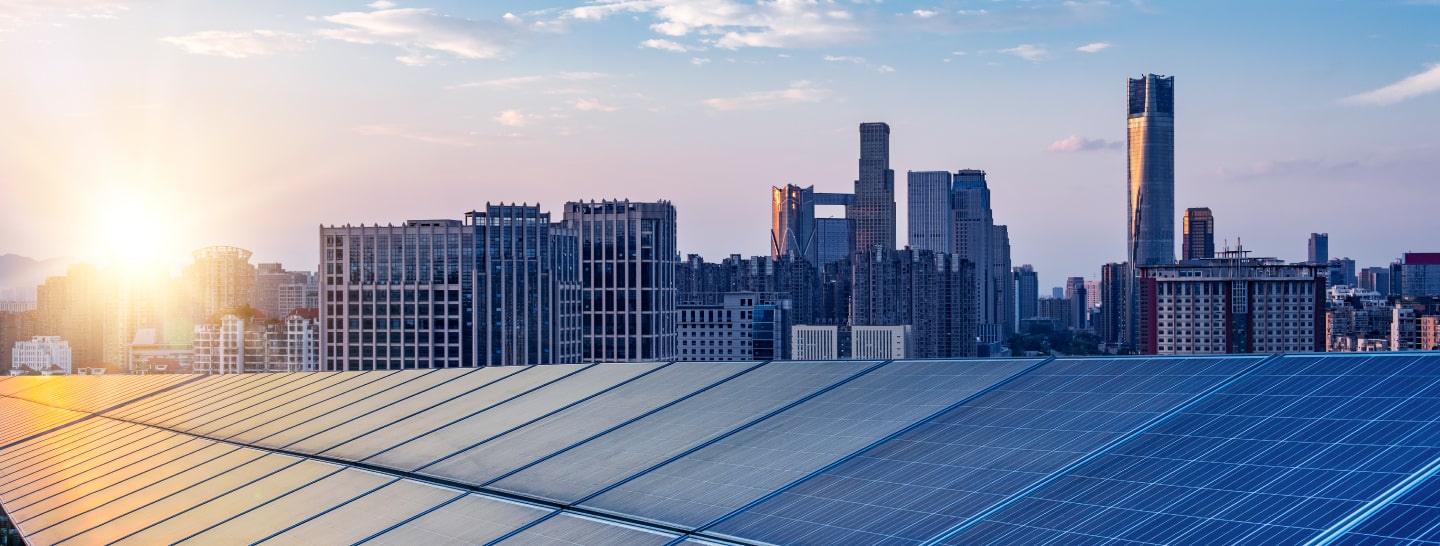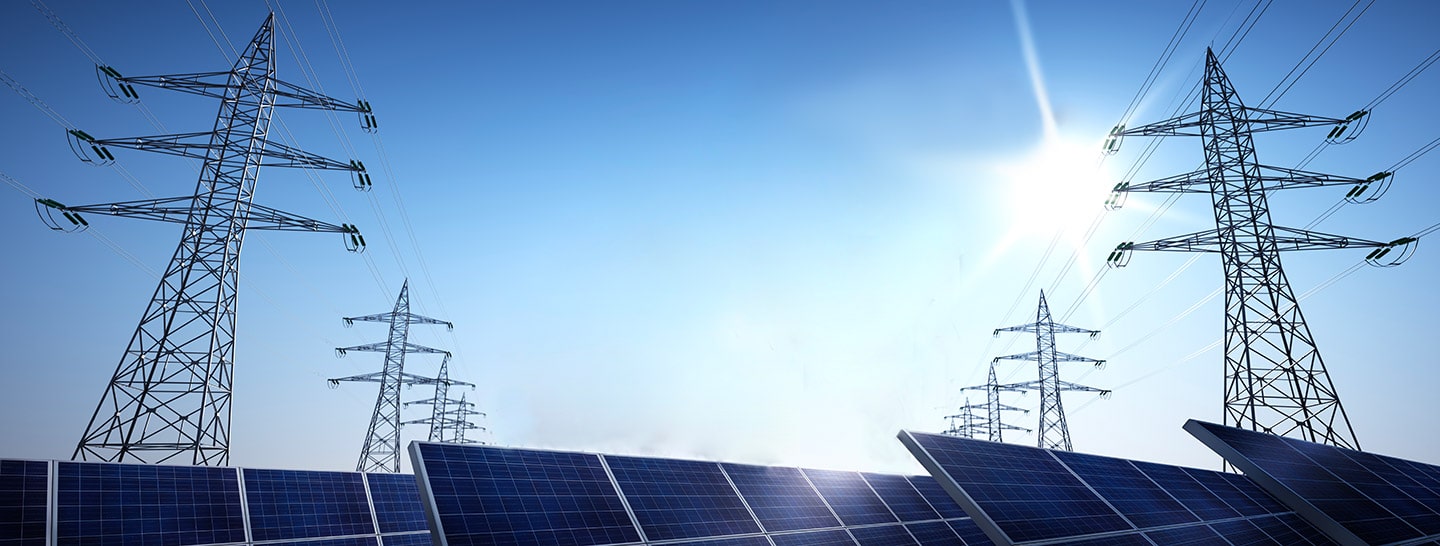Solar panels can lower utility bills and produce clean, environmentally friendly energy. But what contributes more to solar panels efficiency? The efficiency of photovoltaic solar panels is related to the quality of their photovoltaic (PV) cells. The conversion efficiency of a PV cell is the percentage of solar energy shining on a solar panel that is converted into usable electricity. The more efficient a solar panel is, the more energy output it will have per amount of light hitting the cell, which will, in turn, take up less surface area to meet your energy requirements.
How efficient are solar panels?
The efficiency of solar panels has improved dramatically in recent years, from an average of around 15% conversion of sunlight to usable energy to around 20%. High-efficiency solar panels can reach as much as nearly 23%. The power rating of a standard-sized panel has likewise increased from 250W to 370W. Solar panel efficiency is determined by both photovoltaic cell efficiency (namely, cell type and design) and total panel efficiency based on such considerations as cell type, layout and size. An easy way to gauge the efficiency of solar panels is to look at the manufacturer’s efficiency rating, which are based on standard test conditions and provide a reliable indication of performance. The more efficient the panel, the more it will produce compared to a less efficient panel, and the fewer panels you will need.
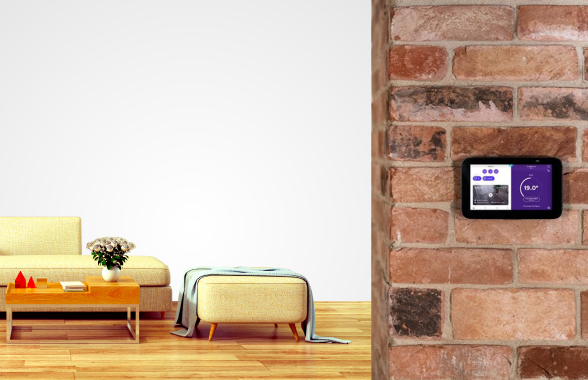
Higher efficiency panels are more expensive, but may better help you meet your energy needs if you have a small amount of space available. At the same time, cost efficiency of solar panels overall has tumbled, making them an increasingly attractive solution for homeowners and businesses. In the real world, conditions may vary according to weather, or dust on the panels.Solar panels can be combined with an energy management system that allows for the collection, comparison and analysis of real-time data on energy consumption. Furthermore, the energy management software can automatically identify potential savings by comparing actual consumption with ideal energy usage, allowing clients to take corrective actions where needed.
What factors affect solar panel efficiency?
The efficiency of the photovoltaic (PV) cells that make up a solar panel is calculated on the basis of energy from sunlight that is converted into electricity by semiconductors. An efficient solar panel is one that generates more electricity by occupying less space. Manufacturers rate solar panels by their efficiency, which ranges from around 15% to 20% of conversion of the sun’s energy transformed into usable electricity. Many factors affect solar panel efficiency above and beyond the manufacturers’ rating:
- The amount of light reflected away from the cell's surface.
- The intensity of the sun
- The amount of cloud cover
- Heat build-up, which affects the conductivity of the semiconductors in the PV cells.
Here are some of the main factors that affect solar panel efficiency:
Panel design
Solar panel design affects efficiency mainly by the way the cells are laid out and configured along the panel.
The color of the protective backsheet also plays a role, because high temperatures actually reduce efficiency. So colors like blue or green are more effective than black.
Solar panel inclination
Orientation of the solar panels – called solar panel angle or tilt – is important to obtain the full advantages of the sun’s radiation. Panels that are flat to the ground won’t work as well as those tilted towards the sun. The optimal tilt depends on your home or facility’s latitude, and the time of year. In practical terms, however, most situations don’t allow for panel tilt to be adjusted each season. Instead, they can be installed at a range of angles to accommodate different seasons and the pitch of the roof.
Solar panel materials
There are three main types of solar panels:
- Monocrystalline: made of high-purity silicon, are generally seen as the most efficient. These are more expensive and take up less space.
- Polycrystalline: slightly less efficient, cost less, and may be a good option for facilities that have more space.
- Thin-film: the least efficient, but their lighter weight makes them more adaptable to a variety of uses including transportation. Thin-film solar panels are.
Temperature
Most people would assume the hotter the sun, the greater the solar panel efficiency. Actually that’s not true.
The semiconductors in solar panels are sensitive to high temperatures.
According to manufacturing standards, 25 °C or 77 °F temperature is the optimum temperature of photovoltaic solar panels.
Do solar panels lose efficiency over time?
Solar panels slowly degrade over time, meaning that they produce less electricity from the same amount of sunlight. The causes of solar panel efficiency degradation include wear and tear due to weather. The average productive life of solar panels is 30 years. According to the National Renewable Energy Laboratory (NREL), solar panels and their output degrade at a rate of about 0.5% per year: a 20-year-old panel will produce approximately 90% of the electricity it produced in its first year of life.
Do solar panels work in cold weather?
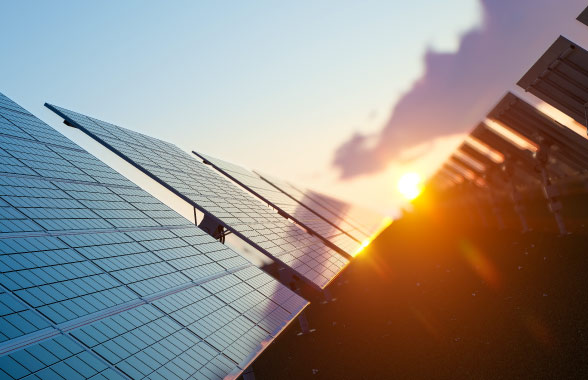
Whenever we talk about solar power certain questions invariably come up: do solar panels work when it’s cloudy? Are solar panels less efficient in winter or are solar panels more efficient in cold weather? Do solar panels work better in cold weather? The answer to all these questions is different than what one might expect. The first thing to remember when talking about solar panels is that they depend on the sun’s light, not on the heat our closest star generates. That’s why solar panels only produce electricity when the sun is shining. Cloudy skies impact solar power generation, obviously. Considering that the amount of energy solar panels produce is proportional to the amount of direct light available, the efficiency of solar panels in winter is less compared to spring and summer – but this is because the days are shorter and there is less direct sunlight, not because it’s colder.
Indeed, cold, sunny, windy days are the best for solar panels because above a certain temperature panels start to become less efficient, while the wind helps remove efficiency-reducing dust that accumulates on the panels themselves. So, although solar panels are more efficient in summer – because the days are longer and there is more direct sunlight hitting them – they can still generate enough electricity to heat the home (at least partly) in winter. In order to guarantee that a PV system generates enough solar power even when the days are cloudy, the best strategy is to pair solar panels with battery energy storage systems (BESS). Such systems allow for storing excess energy produced by solar panels to power the home at night, on rainy days or when winter storms take the grid down.
Do solar panels work in the rain?
It’s one of the most often asked questions about photovoltaic systems: can solar panels work in the rain? The answer is: yes. Solar panels work by converting the sun’s light - not the sun’s heat - into energy. When the skies are clear, more light reaches the panels; when there are clouds the light gets scattered by particles in the clouds, but it still reaches the ground. The same is true for when it rains: some light always gets through and solar panels manage to convert that light - no matter how diffuse - into energy. Obviously, the harder the rain, the thicker the clouds, the less direct light hits the panels, the less energy they can generate from the light that reaches them. That said, and contrary to what one might expect, rain can actually help solar panels operate efficiently, by removing dust and dirt that accumulates on them.

